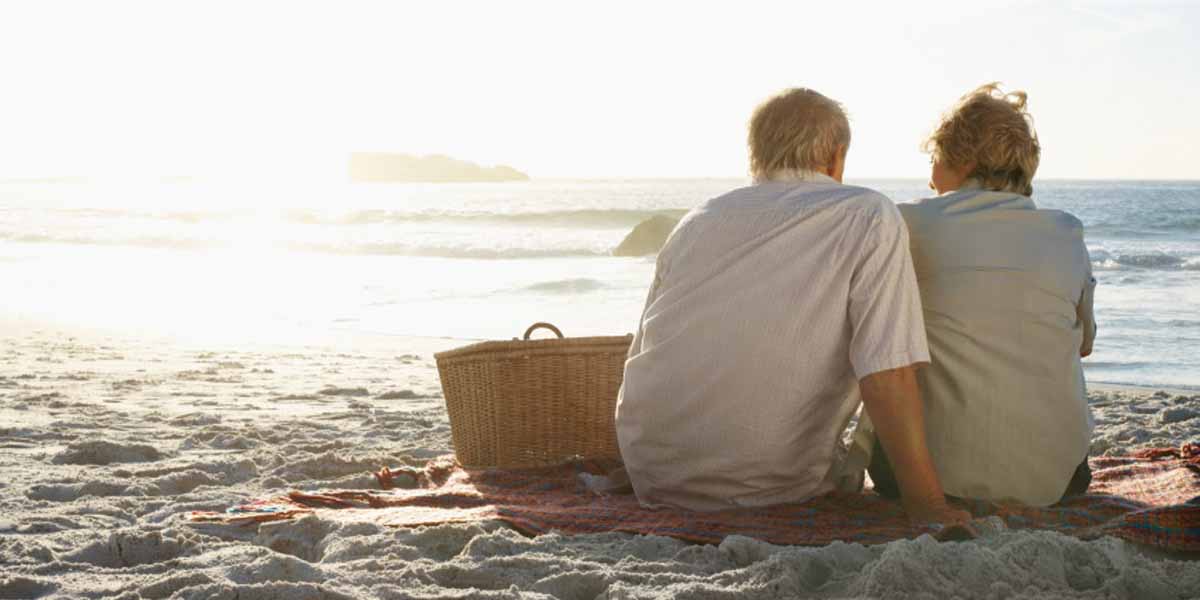Whether it’s for a short winter break or to spend the entire season away from the snow, the southern U.S. has always been a top travel destination for Canadians. Many Canadians approaching retirement even dream of buying their own piece of the sun to return to year after year.
But while spending the whole winter down south may look sunny at first glance, it’s important to plan carefully and make sure you’ve covered all the bases before you take off for warmer climes. You will need to take care of tax, immigration and health considerations, as well as deal with all the usual paperwork required for a long-term trip (suspending services such as mail and newspapers, arranging for snow to be shovelled, etc.).
Pierre Noël is a Montreal real estate broker who often advises clients getting ready to embark on just such an adventure. A few years ago, when he saw how favourable the U.S. market had become for real estate investments, he started thinking about buying his own piece of paradise in the sun. At age 40, retirement still seemed a long way off, but it became a major topic of conversation at home. His spouse even told him straight up: "There’s no way I’m going to spend my retirement years in Montreal!"
After some intensive research, Noël bought a condominium in Pompano Beach, Florida, a project he was very enthusiastic about: "Between the fallout from the real estate crisis in the U.S. and the strength of the Canadian dollar at the time, the timing was just right for us. There were some great opportunities out there to get your hands on higher-end properties at very affordable prices."
Noël strongly recommends using the services of a good, local broker to help you with all the details of the transaction. "In terms of both zeroing in on your needs and helping you with the paperwork, a broker will save you a lot of hassle," he says. "For example, many of the really attractive opportunities are foreclosures. So, you have to be aware that if you’re not dealing directly with the owner, you’re buying without a legal guarantee."
While Canadian consumers are protected at home by their respective provincial laws, it’s important to clearly understand the applicable state legislation and rules before buying a property in the U.S., and to look into purchasing additional protection from your insurer. "I’m a broker myself, and I have to admit, I would have found it very difficult to finalize this transaction without the help of my own broker!" says Noël.
He also suggests making several trips, to thoroughly explore the community where you’re thinking of buying, to find out where essential services are and even to make sure you'll like it there for the long term – but mostly because a transaction like this takes more than a few days to complete.
Immigration laws
You need a passport to cross the border. Citizens and permanent residents of Canada don’t need a visa for pleasure trips but if you’re staying longer than six months, you'll need special authorization from U.S. Citizenship and Immigration. (And if you decide to retire there permanently, you will need to qualify as an immigrant.) For more information, see the Canadian government guide, Living abroad: A Canadian’s guide to working, studying, volunteering or retiring in a foreign country, and see the U.S. embassy in Ottawa’s guide to Entering the U.S.
Health care
Health care is another very important concern for snowbirds. A minor health issue can quickly turn into a major expense when visiting a medical centre in the U.S. If you have questions about your health, it’s a good idea to see your doctor six to eight weeks before your departure. Also, take the time to look into the health resources available in your new location, so that you can be sure you’ll be in good hands if anything happens. And touch base with your insurer to check on the terms and conditions of your individual or group travel insurance coverage, and make any necessary changes.
If you spend too much time outside your home province (even elsewhere in Canada), your provincial health care coverage may lapse. Residency rules vary among provinces, so make sure to check it out well before you go.
Finances
Financial questions can continue to crop up even after you’ve retired. Be sure to find out everything you can about applicable taxes and duties (both in Canada and in the U.S.), and calculate how much it will cost to live in the U.S. What will your income be? Depending on your circumstances, you may still draw Canada or Quebec pension benefits. Find out more through CanadaBenefits.
While becoming a snowbird requires more than just packing a toothbrush and bathing suit, it can be a rewarding adventure, provided you plan with care.




